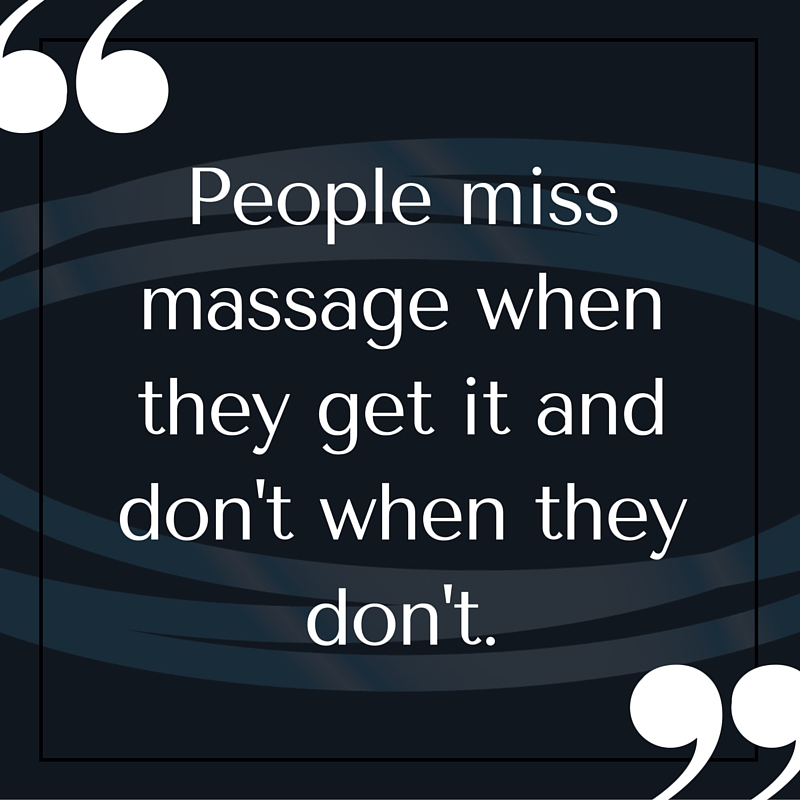

That holds true regardless of the amount of immediate pleasure involved. True wellness comes from the ‘fullness’ we get from deeply satisfying experiences and personal relationships. Rather, what improves wellness is spending money on others in the form of gifts and donations. Take, for instance, the research showing that earning more money (i.e., hedonic happiness) doesn’t contribute to greater well-being. While at a basic level, it may seem like experiencing joy and pleasure is the definition of true wellness, ancient philosophies and modern-day behavioral science have made it clear that well-being is about much more than that. There are two ways to think about how we derive happiness in life and work – experiences of pleasure (hedonistic drive) and experiences of purpose (eudainomic drive).
#HEDONISTIC DEFINITION 20 WAYS TO SEEK PLEASURE DRIVER#
But: is maximizing pleasure the main driver of well-being? Many consider pleasurable states to be the ultimate goal-state, and therefore, akin to being and feeling mentally well. Lesson Number 3: Move towards wellness, but don’t get caught on the hedonic treadmill

Slowly exposing yourself to those negative thoughts in a controlled way will eventually cause them to subside. What works more effectively, Harvard Professor Daniel Wegner says, is postponing the unwanted thoughts and setting aside a designated time for you to sit with them. This is nicely captured in the saying: The thoughts you resist, persist. It’s especially true for negative thoughts. Telling yourself not to have certain thoughts makes it more likely that those thoughts will come back more frequently and more intensely. There is plenty of evidence which shows that the more one attempts to suppress a negative experience, the more disruptive that thought or emotion becomes, and the more difficult it becomes to effectively deal with the stressor. A person who is more accepting of their emotional experiences has better psychological health compared to someone who strives for only positive emotional experiences or who judges negative emotions more harshly.Ī common coping mechanism we all adopt is to suppress or reject certain difficult emotions, without perhaps fully grasping that this strategy can backfire. In fact, this practice of accepting versus resisting can lead to increased well-being and overall life satisfaction. The first step on the way to feeling right is learning to be open to negative emotional experiences.


 0 kommentar(er)
0 kommentar(er)
